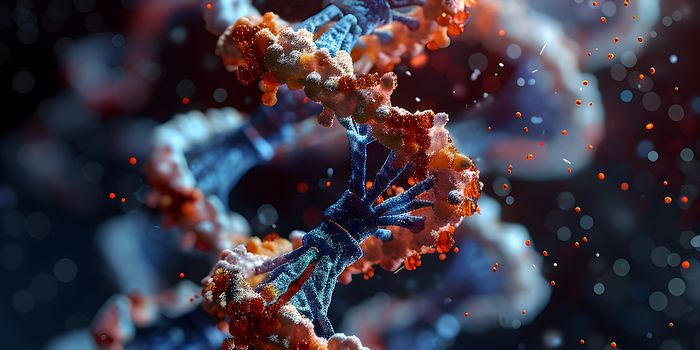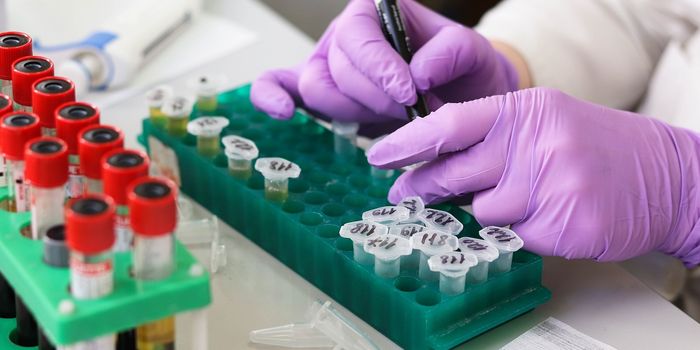The threat of climate change extends to cancer progression
A study appearing in the American Cancer Society’s CA: A Cancer Journal for Clinicians argues that climate change is a threat to the progress that we’ve made in the oncology field. That’s because much of said progress has come by way of improving detection and control of cancer risk factors, as well as improving effective care options - both of which are threatened by climate change.
The commentary comes from scientists at ACS and the Harvard T. H. Chan School of Public Health and highlights the concern that future progress in cancer will be inhibited by climate change because of the aforementioned factors.
Currently, cancer is the second leading cause of death globally; an expected 10 million people will die from cancer just this year. But climate change is increasing exposure to carcinogens by way of the consequences of extreme weather events such as hurricanes and wildfires.
The commentary gives the example of Hurricane Harvey, during which the aftermath resulted in inundated chemical plants, oil refineries, and Superfund sites that released vast amounts of carcinogens into the Houston community. Wildfires, too, release unbelievable amounts of air pollutants into the atmosphere that travel across the world - pollutants that we know are carcinogenic.
And then, write the scientists, there are also the logical impediments that such climate change events cause to cancer patients seeking treatment. When climate change disasters occur, treatment centers including laboratories and clinics are at risk and patients may not be able to access the care they need.
The authors conclude their statement with a call to action to the public, particularly to medical professionals. That’s because actions fighting climate change, they say, directly overlaps with the fight against cancer.
"While some may view these issues as beyond the scope of responsibility of the nation's cancer treatment facilities, one need look no further than their mission statements, all of which speak to eradicating cancer," write the authors. "Climate change and continued reliance on fossil fuels push that noble goal further from reach. However, if all those whose life work is to care for those with cancer made clear to the communities they serve that actions to combat climate change and lessen our use of fossil fuels could prevent cancers and improve cancer outcomes, we might see actions that address climate change flourish, and the attainment of our missions to reduce suffering from cancer grow nearer."
Sources: ACS, Eureka Alert










